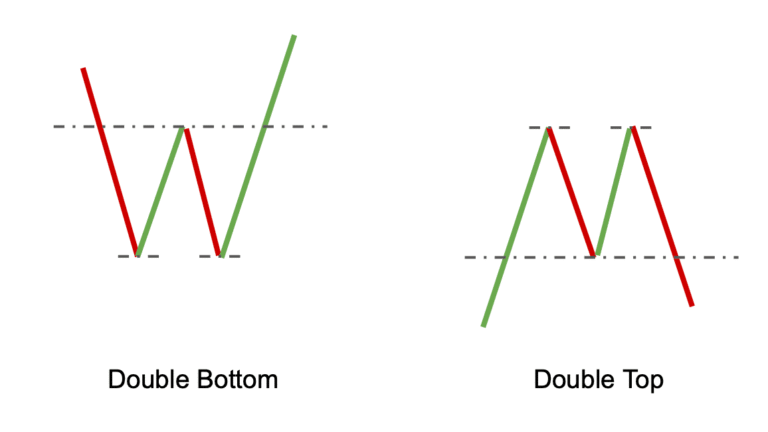How Waste Management Affects Your Carbon Footprint?
Our planet is touched in reality by what we sweep into the rug in the mornings, compost, or recycle. Sanitation, global warming, and carbon emissions respond to rubbish collection. You have the potential to do better, greener things if you know how rubbish affects your carbon footprint.
What Carbon Footprint Means
Your carbon footprint is all the greenhouse gas emissions from your operations, from energy consumption to waste disposal. Far too many aren’t aware that rubbish management accounts for a large portion of this count. Take, for instance, companies such as skip hire Urmston. They save emissions by ensuring adequate recycling and sorting. Each plastic bottle or leftover dinner adds to the methane and carbon dioxide. Understanding this relationship is the beginning of being responsible and accountable for your environmental impact.
Waste’s Role in Emissions
Industrial and domestic waste is a significant contributor to climate change. Right from the packaging material used to discarded electronics, the waste releases carbon in almost every phase: production, transportation, and dumping. If recyclable materials such as aluminium or paper are dumped in landfills, the energy put into their production is wasted. Thoughtless waste tendencies silently power the carbon level, but thoughtful disposal tendencies retard that move and render support towards sustainability in the world.
Recycling and Emission Cuts
Recycling isn’t just a good-vibes activity; it’s actually a tested way to reduce carbon emissions. Recycling tin cans, glass, and cardboard takes less energy compared to processing them in the initial place. Recycling an aluminium can prevent virgin smelting and mining, two high-carbon activities. Even plastic, as complicated as it is, has carbon-saving features if recycled. Promoting recycling at home, in school, and in business offers habits that lower emissions gradually and consistently.
Landfill Impact on Climate
Landfills are also very much responsible for climatic problems, particularly due to methane, a gas more than 20 times as deadly as carbon dioxide. Biodegradable waste decomposing with the help of insufficient oxygen releases this toxic gas. A majority of landfill locations do not have efficient gas capture systems, so it simply comes right out into the air. Furthermore, the energy and space on land to store landfills contributes to their cost to the environment. Composting and recycling minimising what we landfill, saving room and preventing potent greenhouse gases from our air.
Business Waste Reduction Steps
Companies are best placed to spearhead carbon footprint reduction with effective waste management. Cutting packaging, recycling products, and engaging personnel all reduce emissions. Food companies can give away excess and not dump it. Waste audits reveal high-emitting sectors and make them more efficient. By incorporating intelligent waste policies in operations, companies reduce their carbon footprint and, in the process, save on cost. Well-run waste management is now a fundamental part of sound, environmentally aware business practice.
Smarter Waste, Lower Carbon
It doesn’t need revolution to change waste behavior, only careful ones. Recycling things, getting your bin sorted, composting your food scraps, and buying less plastic all equate to less carbon. Smarter waste is understanding everything you do that hurts or assists the environment. Even though it will cost money to repair, repairing a toaster rather than purchasing a new one saves waste and emissions. Every little thing every day, all adding up, reduces your own carbon footprint and the world’s weight.
For More Organic Waste Management: 6 Simple Hacks
Small Changes, Big Impact
You don’t have to be a perfectionist in order to save the world. Small decisions, saying no to unnecessary packaging, taking a refillable bottle, recycling properly, take effect. All decisions save some energy, prevent some emissions, and lead others to do the same. The more people who improve, the stronger the aggregate effect. Carbon emissions won’t decline overnight by magic, but they will respond to effort. What matters is being consistent in making smarter waste decisions again and again until they become automatic.
Conclusion
Waste is not out of sight but out of mind once it has been picked up, but its carbon cost remains long after that. Emissions can definitely be reduced by lowering it to normal options, recycling, reuse, and sorting. Based on your actions, your carbon footprint is subject to change over time. Less waste means you get to cool the planet, decision by decision.







